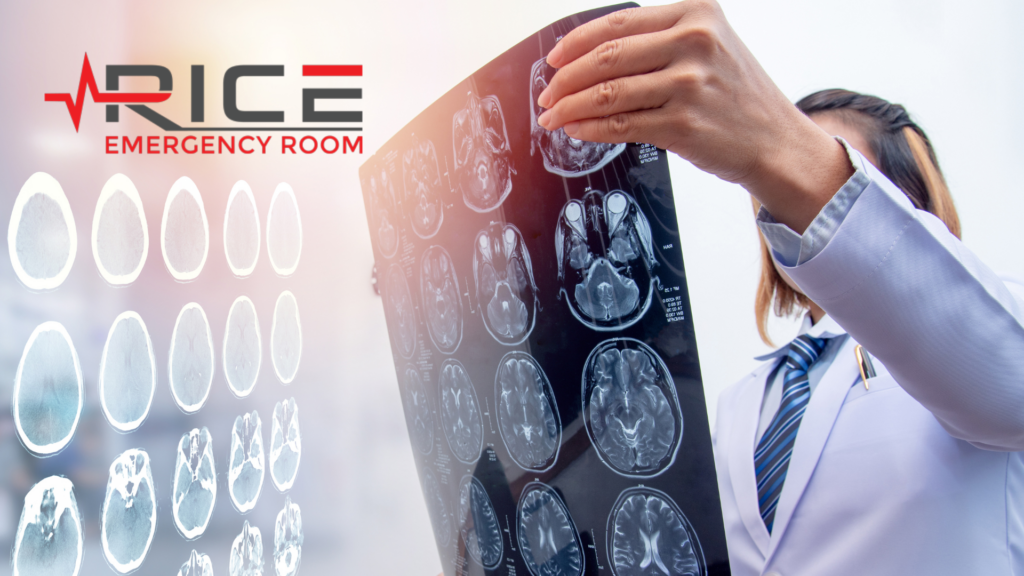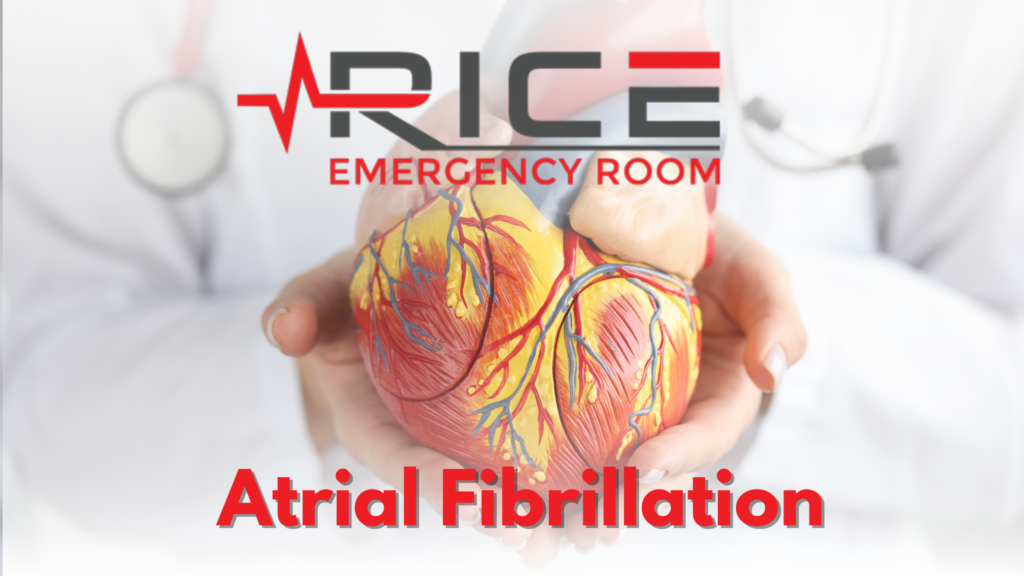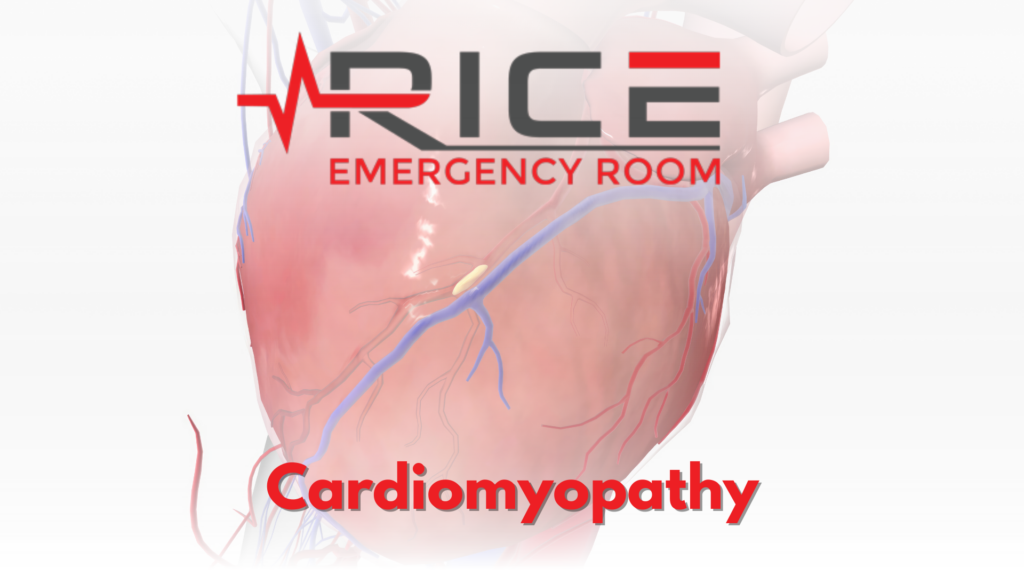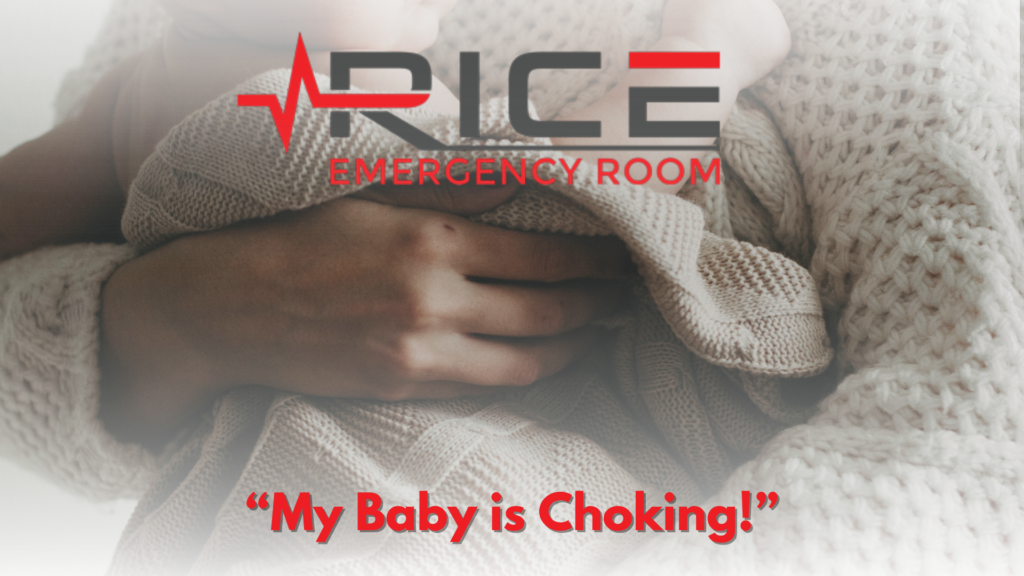Traumatic Brain Injury (TBI) is a very real risk during childhood. Whether your child falls off their bike or gets hit in the head during a baseball game, they could suffer a traumatic brain injury if they don’t receive immediate medical attention.
March is Brain Injury Awareness Month. It’s essential to know how to protect the head and what to do when you suspect someone has a brain injury. Let us discuss some basic information about traumatic brain injury, what signs to look out for, and how you can help keep your children safe from these devastating injuries.
What is Traumatic Brain Injury (TBI) and its Common Causes
Traumatic Brain Injury (TBI) occurs when a sudden blow to the head causes damage to the brain. It’s a severe injury that can lead to physical, cognitive, or emotional symptoms, depending on its severity.
According to the Centers for Disease Control and Prevention (CDC), in 2019, there were more than 223,000 TBI-related hospitalizations, and about 15% of all U.S. high-school students self-reported one or more sports or recreation-related concussions within the preceding 12 months. (CDC, 2022)
The most common cause of TBI is falling; every year, millions of people fall and suffer from TBI. Other common causes include vehicular accidents, being hit by an object, or blows to the body that causes the head to jolt violently. For some people, even a mild concussion can be considered TBI if it leads to neurological change. No matter how mild the observed symptoms may seem initially, anyone with a potential TBI should seek medical help for proper diagnosis and treatment as soon as possible.
Signs and Symptoms of Traumatic Brain Injury
The signs and symptoms of TBI can range in severity from mild confusion and headache to memory loss and coma. Common physical signs include headaches, nausea or vomiting, dizziness, blurry vision, fatigue, problems with speech, loss of balance, sensitivity to light or sound, numbness in extremities, and seizure activity.
Cognitively speaking, one may experience difficulty concentrating, confusion or disorientation, mood swings or changes in behavior, difficulty sleeping or sleeping more than usual, and slower reaction times.
In some cases, infants or young children may be unable to communicate headaches, confusion, sensory problems, and similar symptoms. Some common symptoms that may be observed are unusual or easy irritability, change in eating or sleeping habits, loss of interest in favorite activities or toys, persistent crying, drowsiness, or seizures.
(Mayo Clinic, 2021)
It’s important to note that different people will have different combinations of these signs and symptoms after a TBI depending on their age and overall health. Iit is vital to seek medical attention immediately.
Non-Traumatic Brain Injury
Non-Traumatic Brain Injury, also known as acquired brain injury, is often overlooked and misunderstood but can still significantly impact someone’s life. A non-traumatic brain injury causes damage to the brain by internal factors, such as exposure to toxins, lack of oxygen, pressure from a tumor, etc. Some other examples include near-drowning, aneurysms, stroke, or infectious diseases that affect the brain, such as meningitis. (Brain Injury Association of America, 2022)
These injuries can occur suddenly or evolve over some time and can manifest in physical and cognitive impairments. Those affected may struggle with motor control, sensation issues, impaired thinking skills, and changes in personality or behavior. The severity of the condition varies significantly from person to person.
Diagnosing Traumatic Brain Injury
Many TBI cases go undetected or misdiagnosed because the symptoms can often mimic those of other illnesses. Sometimes, the patient may have a normal MRI, even if a brain injury has occurred. For this reason, it’s essential to seek out specialty care should any long-lasting changes present themselves after an accident or head injury. It’s vital to consider all components of the traumatic event to create an effective care plan and course of treatment.
Preventing Traumatic Brain Injury
Properly wearing protective gear such as helmets during sports or when engaging in potentially hazardous activities is an excellent precautionary measure. Always wear a seat belt in a motor vehicle. Children must always sit in the backseat of the car, and they must be secured in a child safety seat or booster seat that is size and weight appropriate.
Additionally, reducing risky behaviors, such as driving while under the influence of alcohol or drugs, can also help prevent traumatic brain injury. Simple changes like removing tripping hazards or using caution around water can significantly prevent traumatic brain injuries.
Traumatic brain injury is a condition that shouldn’t be taken lightly. Taking steps to protect yourself and learning more about traumatic brain injuries is essential. Identifying, assessing, and diagnosing a TBI can save a life and ensure proper rehabilitation. It’s best to speak with your healthcare provider or a specialist experienced in treating this kind of injury.
Rice Emergency Room
Rice Emergency Room has 24/7 Radiology with diagnostic equipment such as X-Ray and CAT Scans to diagnose head or brain injury. We’re here for your family 24/7, 365 days a year, and conveniently located in Rice Village.
Works Cited
CDC. “Traumatic Brain Injury / Concussion.” Centers for Disease Control and Prevention, Centers for Disease Control and Prevention, 15 Dec. 2022,
www.cdc.gov/traumaticbraininjury/index.html.
Mayo Clinic. “Traumatic Brain Injury.” Mayo Clinic, Mayo Foundation for Medical Education and Research, 4 Feb. 2021,
www.mayoclinic.org/diseases-conditions/traumatic-brain-injury/symptoms-causes/syc-20378557.
Brain Injury Association of America. “Abi vs. TBI: What Is the Difference?” Brain Injury Association of America, 5 Oct. 2022,




